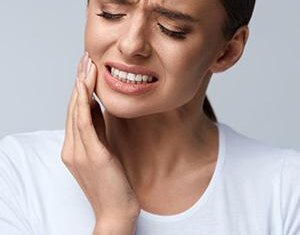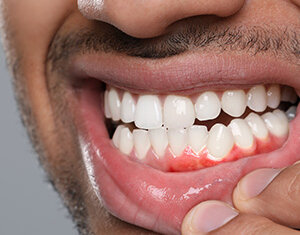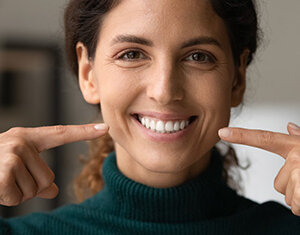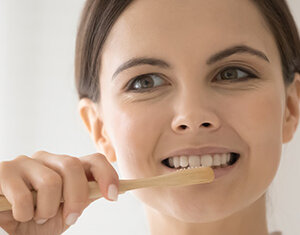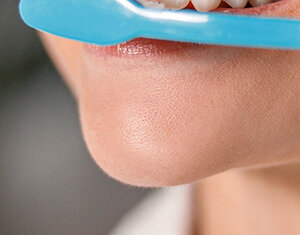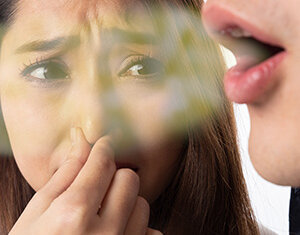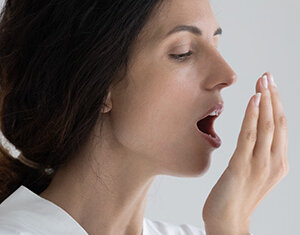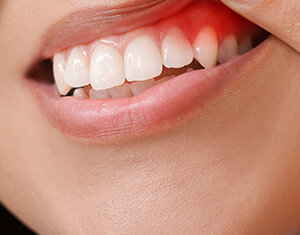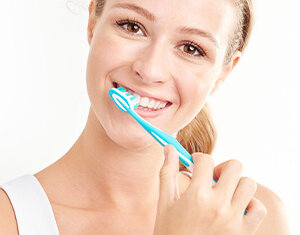Blog
Mouthwash: Is It Necessary For A Healthy Mouth
Oral Care

Although brushing and flossing form essential mechanical defence pillars, mouthwash delivers therapeutic chemistry to eliminate biofilm that is harder to reach. It provides germ-fighting activity between cleaning sessions, controlling the extension and spread of germs. This article covers instructions to optimise effectiveness and highlights the importance of using mouthwash for complete oral hygiene, which is crucial for overall wellness.
How to Use Mouthwash
While brushing and flossing offer first-line mechanical cleansing, mouthwashes provide therapeutic chemistry targeting plaque and gingivitis-causing bacteria in tricky-to-reach contours for supplementary assistance. Maximal results depend on informed technique. Follow these key steps:
-
Pour the Recommended Amount
Consult labels to gauge optimal rinse volumes based on product concentrations - using too little reduces efficacy.
-
Swish for 30 Seconds to 1 Minute
Vigorously swishing allows antiseptic formulas maximum contact time with all mouth tissues to combat biofilm buildup - from gum crevices to portable partial cracks.
-
Gargle Thoroughly
Tilting heads back enables anti-germ actives to penetrate the farthest reaches of the throat and between teeth, disinfecting broadly.
-
Spit Out Completely
Accidental swallowing of some formulas may cause temporary stomach upset. Expectorate entirely after thorough swishing.
-
Wait 30 Minutes Before Rinsing
This dwell period allows active ingredients to deeper tissue integration for sustained therapeutic benefits before washing out.
Rinse right, and mouthwash works harder for healthier mouths and bodies.
Oral Hygiene Purpose
Brushing twice daily with Dabur Meswak helps control plaque, a sticky film of bacteria that accumulates on teeth, gums, and tongue. Early plaque can be removed easily, but as it matures, it hardens into tartar and requires professional cleaning. Daily oral hygiene habits prevent bacteria buildup, which can cause gum irritation, tooth decay, and enamel erosion. Fresh breath is important, but occlusion protection is essential. Additional chemotherapeutic rinses can help where brushing and flossing can't. Routine oral care should focus on controlling plaque for optimal wellness.
Use of Mouthwash
While brushing and flossing provide daily mechanical removal across easily reachable surfaces, mouthwashes confer therapeutic versatility, tackling more hard-to-access nooks where plaque-forming bacteria propagate between cleaning sessions. Read below on key uses and formulations.
-
Reducing Plaque and Gingivitis
Formulas containing antiseptic essential oils, hydrogen peroxide, or antimicrobial agents combat acidogenic bacteria populations to shallow biofilm penetration into gum crevices, minimising infection, and inflammation risks leading to swelling, bleeding, and tissue damage when unchecked daily.
-
Freshening Breath
Temporary relief from bad breath often results from the heightened oral antibacterial activity and masking ingredients that dissolve or neutralise odoriferous volatile sulphur compounds like hydrogen sulphide stemming from the very bacteria antiseptics concurrently help destroy.
-
Preventing Tooth Decay
Fluoride mouthwashes strengthen enamel through enhanced remineralisation while also having antibacterial effects. However, other key ingredients play a major anticaries role as the brief contact time limits fluoride incorporation benefits.
Rinsing right makes every swish more potent for amplifying mechanical cleansing and freshening.
Purpose of Mouthwash
Mouthwash is crucial for oral hygiene, as it fights plaque in hard-to-reach areas. It contains antiseptic ingredients that combat pathogenic bacteria and prevent plaque accumulation. Fluoride in mouthwash assists with remineralisation and sensitivity relief. While its contact period is short, high concentrations of active ingredients prevent the early stages of plaque accumulation. Mouthwash purpose extends and amplifies mechanical cleansing periods, making it essential to a comprehensive oral care routine.
Conclusion
While secondary to diligent daily brushing and flossing, incorporating therapeutic mouthwashes bolsters mechanical efforts targeting lingering biofilm and pathogenic threats in tricky terrain. Strategic swishing delivers antiseptic potency, minimising acidogenic persistors eroding hard-won hygiene gains. Consult dentists on formulas suiting unique needs. When used in conjunction with good oral hygiene practices, mouthwash can help promote overall dental health and, by extension, improve overall bodily health.
FAQs
-
How should you use mouthwash properly?
For best results, pour the recommended amount, vigorously swish for 30 seconds to 1 minute, gargle thoroughly, spit out completely without swallowing, and wait 30 minutes before rinsing to allow the formula to take effect.
-
Why shouldn't you swallow mouthwash?
Mouthwashes contain active ingredients not intended for ingestion, so they should always be spit out carefully without swallowing in order to avoid temporary stomach upset.
-
What is the purpose of waiting 30 minutes after using mouthwash?
Waiting 30 minutes before rinsing the mouth allows more time for the antibacterial ingredients to take effect on oral bacteria and integrate deeper within tissues for residual and lasting benefits.
-
How does mouthwash work to control bacteria and plaque?
Mouthwashes use antiseptic, antimicrobial, and antibacterial ingredients to target residual plaque-causing germs left behind after diligent mechanical brushing and flossing, keeping bacterial activity in check.
-
Should you use mouthwash every day?
For maximum oral health benefits, most dentists recommend incorporating an antiseptic therapeutic mouthwash into your daily oral care routine in tandem with diligent brushing and flossing.









